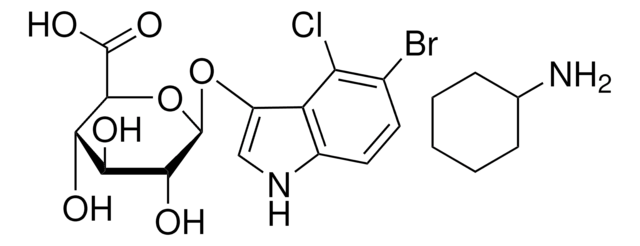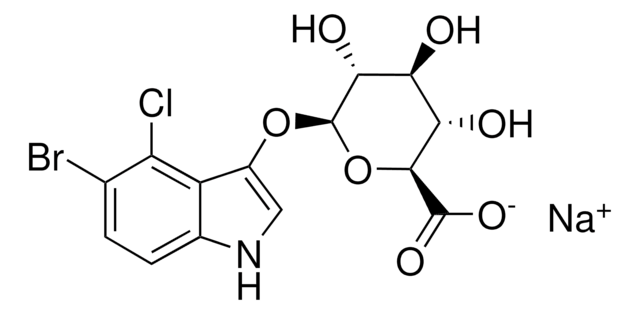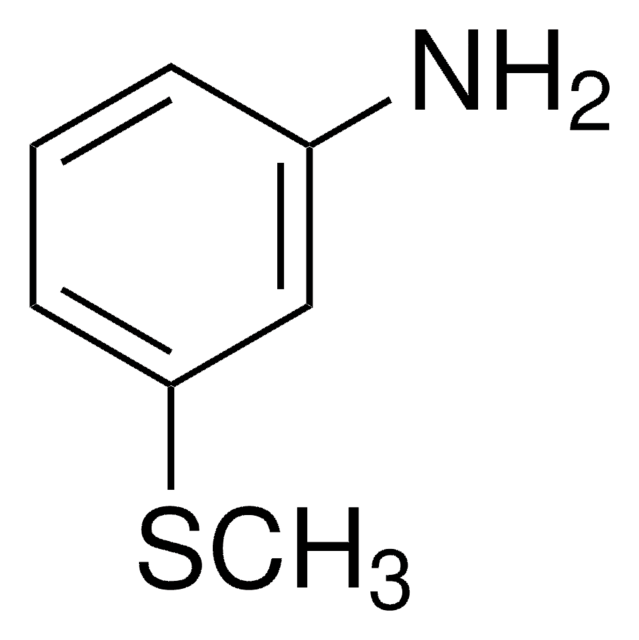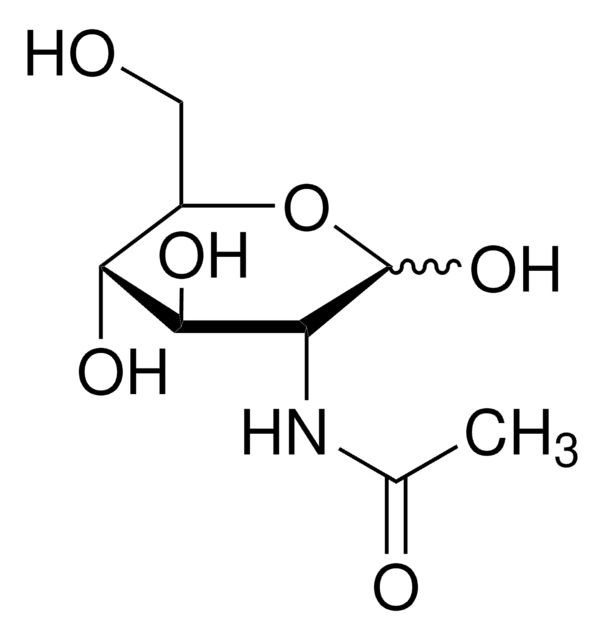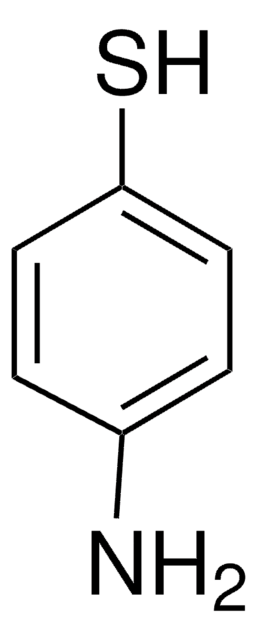907316
GlcA-ABP
95%
Sinônimo(s):
(2S,3S,4S,5R,6S)-6-(2-(difluoromethyl)-4-(hex-5-ynamido)phenoxy)-3,4,5-trihydroxytetrahydro-2H-pyran-2-carboxylic acid, Glucuronic acid activity-based probe, Glucuronidated metabolite mimic
Faça loginpara ver os preços organizacionais e de contrato
About This Item
Fórmula empírica (Notação de Hill):
C19H21F2NO8
Peso molecular:
429.37
Código UNSPSC:
12352101
Produtos recomendados
Ensaio
95%
Formulário
solid
temperatura de armazenamento
−20°C
Aplicação
This glucuronic acid activity-based probe (GlcA-ABP) is a glucuronidated metabolite mimic that provides in situ detection of active β-glucuronidases in the gut microbiome. The probe reacts with nucleophilic residues of the target, and the alkyne tag enables subsequent bioorthogonal tagging via click chemistry for enrichment (i.e. biotin tags) or imaging and cell sorting (i.e. fluorescent tags). With GlcA-ABP, Whidbey, et al were able to pair the activity-based probe (ABP) with fluorescence-activated cell sorting (FACS; ABP-FACS) to identify β-glucuronidase-active taxa in the gut microbiota.
Currently in gut microbiome research, access to and differentiation between subpopulations and their relationships to host biochemistry is a challenge. Functional and chemical approaches such as those with GlcA-ABP provide a complementary tool to gene sequencing.
Currently in gut microbiome research, access to and differentiation between subpopulations and their relationships to host biochemistry is a challenge. Functional and chemical approaches such as those with GlcA-ABP provide a complementary tool to gene sequencing.
produto relacionado
Nº do produto
Descrição
Preços
Código de classe de armazenamento
11 - Combustible Solids
Classe de risco de água (WGK)
WGK 3
Ponto de fulgor (°F)
Not applicable
Ponto de fulgor (°C)
Not applicable
Escolha uma das versões mais recentes:
Certificados de análise (COA)
Lot/Batch Number
Lamentamos, não temos COA para este produto disponíveis online no momento.
Se precisar de ajuda, entre em contato Atendimento ao cliente
Já possui este produto?
Encontre a documentação dos produtos que você adquiriu recentemente na biblioteca de documentos.
Christopher Whidbey et al.
Journal of the American Chemical Society (2018-12-14)
Commensal microorganisms in the mammalian gut play important roles in host health and physiology, but a central challenge remains in achieving a de-tailed mechanistic understanding of specific microbial contributions to host biochemistry. New function-based approaches are needed that analyze gut
Nossa equipe de cientistas tem experiência em todas as áreas de pesquisa, incluindo Life Sciences, ciência de materiais, síntese química, cromatografia, química analítica e muitas outras.
Entre em contato com a assistência técnica